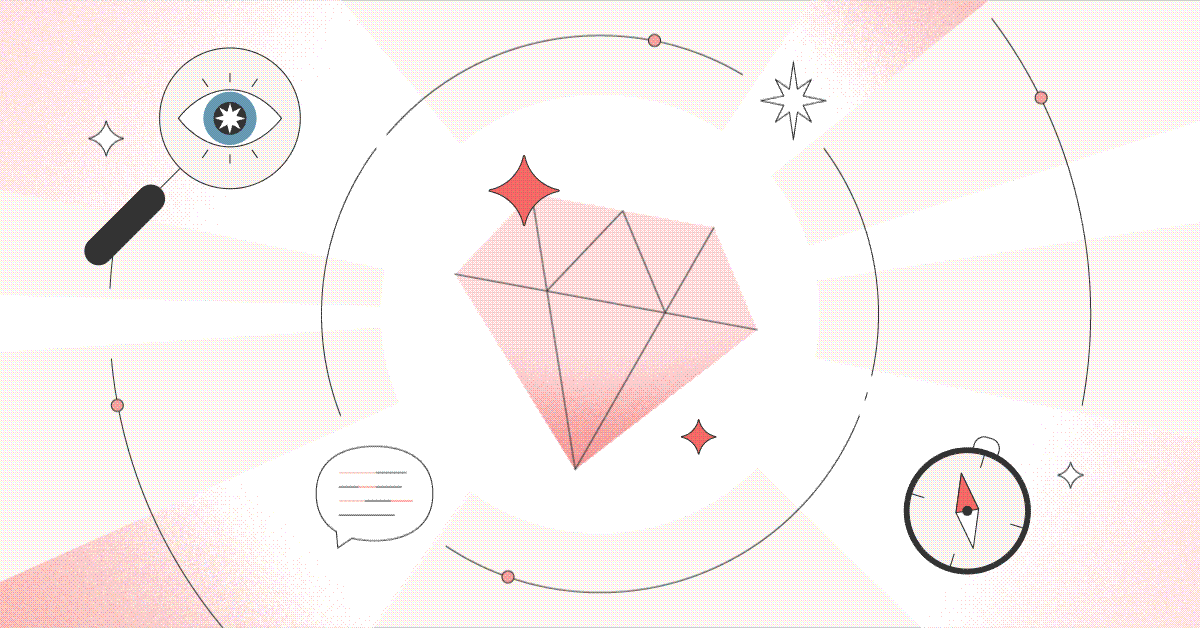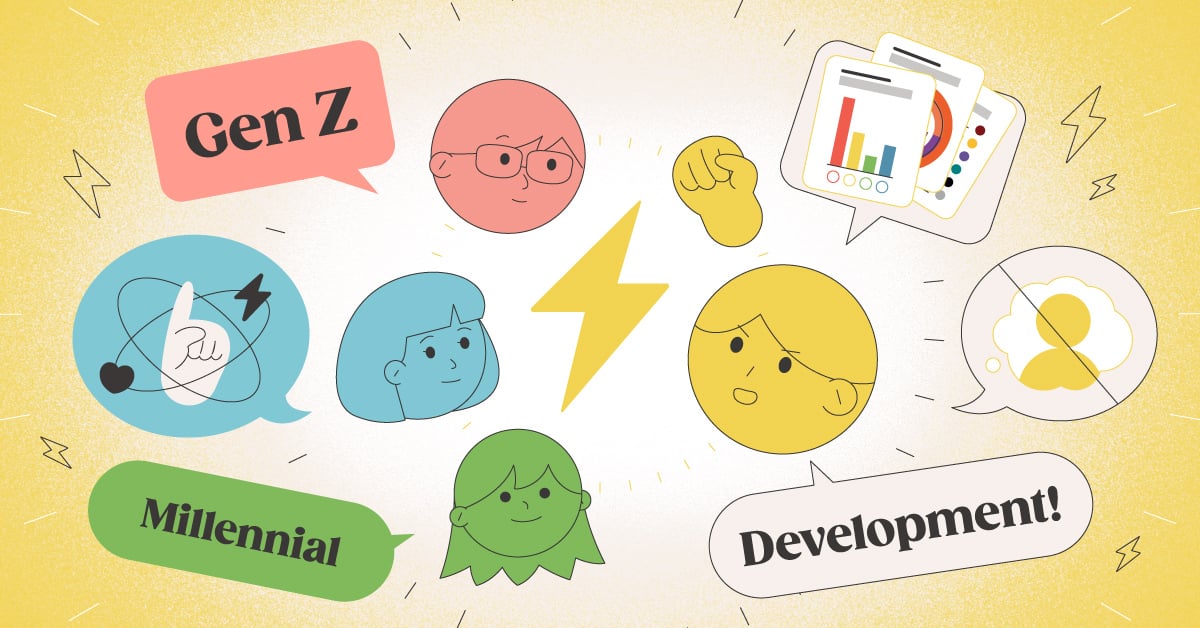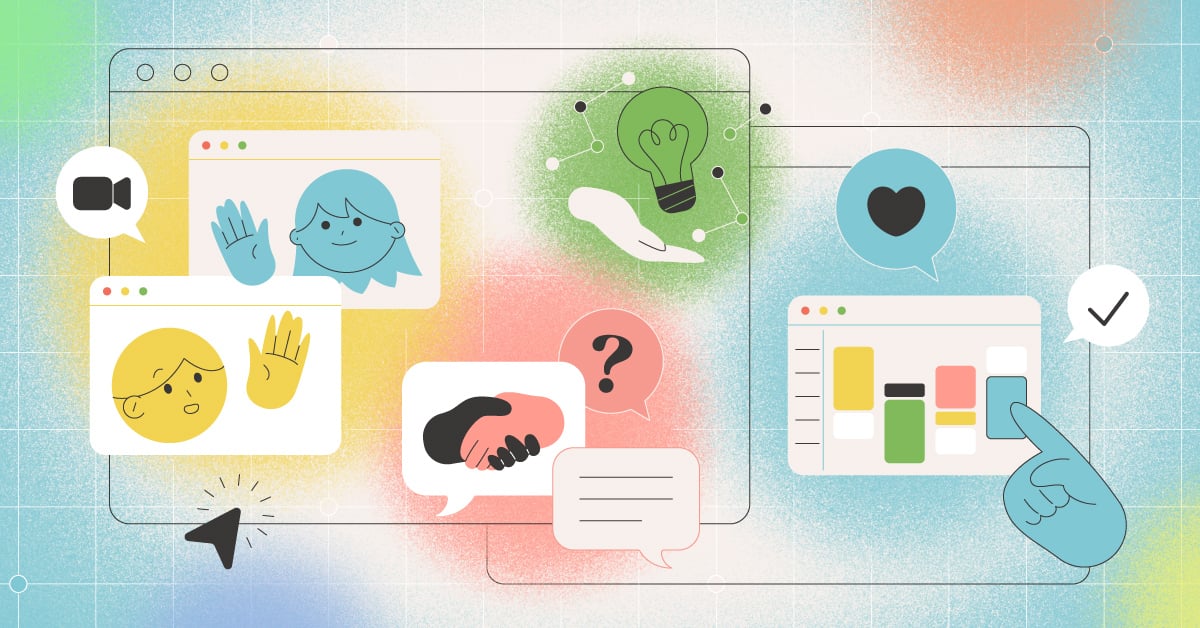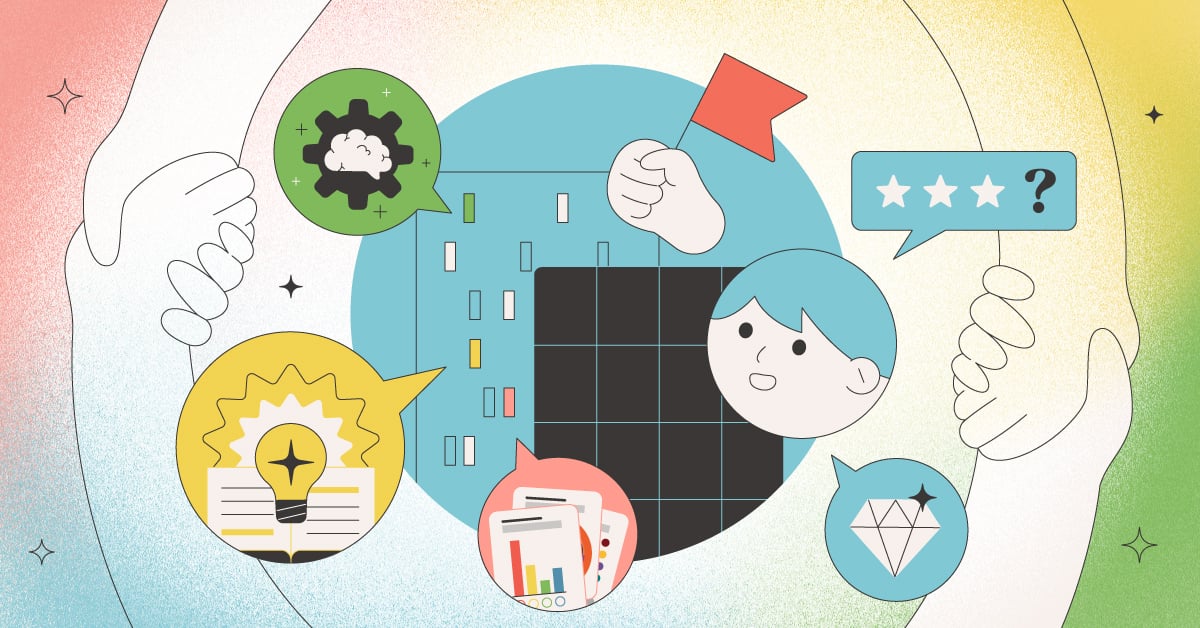
The founder of TTI Success Insights, Bill J. Bonnstetter, used to say, “Everyone is a diamond in the rough until they discover their uniqueness and find a career or relationship that needs it.”
That statement changed my life.
The Struggle to Adapt
I grew up in China. Our culture values being humble, harmonious, respectful of authority, and reserved. I was used to being valued for my skills instead of how I promoted myself. When I came to the U.S. as a young professional to attend business school, I found myself in a very different environment. As a student at Thunderbird School of Global Management, one of the top graduate schools developing global leaders.
For a long time, I told myself, “Fake it ‘til you make it.” I forced myself to attend networking events with a big smile and adapt to being outgoing, only to feel drained and full of dread. I felt like I didn't fit in with a group of very direct, vocal, and competitive classmates. I had this high expectation of thriving if I behaved more like my American peers, yet I was trying too hard to blend in and felt untrue to my authentic self.
I kept asking, How did I end up here? More importantly, I wondered, Should I keep pretending to be someone I’m not? Why should I have to be the one to adapt to this culture and other people’s communication styles?
Recognizing and Embracing My Strengths and Opportunities
When I began working at TTI, everything changed. I was introduced to the idea that no style was better or worse— people were just different.
Bill pointed out that people with a Steady behavioral style could also be entrepreneurs and leaders, despite what typical entrepreneurs and leaders tend to look like. It may take a different approach and more preparation, but it was possible. With my awareness of behavioral and motivational styles deepening, I finally understood the disconnect between my behavioral tendencies, values, and expectations from U.S. culture.
I learned that I had a low Influence score according to our Talent Insights assessment, which means that I don’t like to be in the spotlight, hate big crowds, and public speaking. I have a high Steadiness score and prefer a slow pace, defined responsibilities, and clearly outlined expectations. As someone who scores high in Compliance, I want to analyze things precisely and correctly. Because I avoid conflict and am very reflective when addressing problems, it overwhelms me when a conversation gets intense and people start to argue aggressively.
All of the above behavioral tendencies are hindering me from speaking up.
However, I noticed there are moments I’m motivated to step out of my comfort zone and end up feeling glad that I spoke up.
I have a high Receptive driver, so I’m motivated to try new things and explore new ideas. With my strong Resourceful driver, I value efficiency and maximizing ROI. That’s why I usually don’t like to speak up; however, when something doesn’t meet my efficiency standard, or I feel there’s a need to challenge the status quo, I’m always eager to call that out. I enjoy taking the stage if I am the expert because I am driven to share my knowledge and provide great experiences with my intellectual and Harmonious drivers.
Recognizing Cultural Differences And Embracing My Strengths
This reserved processor behavior in meetings is highly valued in many Asian cultures. Growing up, we raised our hands to speak in a group setting. In Japan, team members take turns to voice their opinions. In America? You take the mic to jump in.
I’m comfortable with my working style, but one of my supervisors pointed out in a considerate way that it made me “invisible” in a competitive corporate environment, and she wanted me to shine.
One day, during our one-on-one meeting, she drew a pie chart and shared the concepts of visibility, credibility, and performance with me. She said I had an excellent performance, but that didn’t always translate into gaining the credibility that I deserved.
We then created a plan to position me as an expert in competitive intelligence, requiring me to embrace the gap to adapt to corporate America. My naturally quiet and reserved nature would be challenged, but now I could use my new knowledge to make the business world work for me.
Moving Forward With the Skills to Thrive
It was time to brainstorm. I worked with my supervisor to create a plan that gave me more professional exposure by helping me step out of my comfort zone. I realized I could use my motivators to drive my behavior; I enjoy sharing my knowledge and am eager to jump into a conversation when it’s within my areas of expertise. I don’t mind how big or small the crowd is; I want to contribute if I’m the subject matter expert.
By leveraging my Intellectual and Resourceful Drivers, I discovered how to compensate for my dislike of self-promoting. I shared nuggets of competitive industry knowledge in company-wide meetings, hosted monthly competitive lunch and learn meetings so competitive intelligence could scale, and taught our clients how to conduct competitive analysis through break-out sessions in our conference.
None of that seems self-promoting to me. I was able to stay authentic to myself and adapt to my environment.
Bill was right; every person has potential, strengths, opportunities, and unique challenges. By learning more about myself, I found a way to tackle corporate environments and get the recognition I deserved while still permitting myself to be authentic in the workplace.
I want to give you that permission, too.
Permission to be authentic to yourself, to step out of your comfort zone while still respecting your behavior style and needs, and to shine like a diamond you already are.
My journey can be found in this quote: “Everybody is a genius, but if you judge a fish by its ability to climb a tree, it will live its whole life believing that it is stupid.”
Ah! I was that fish!
Now, finally, I can be myself. I make peace with myself and permit myself to be who I am at the workplace.




